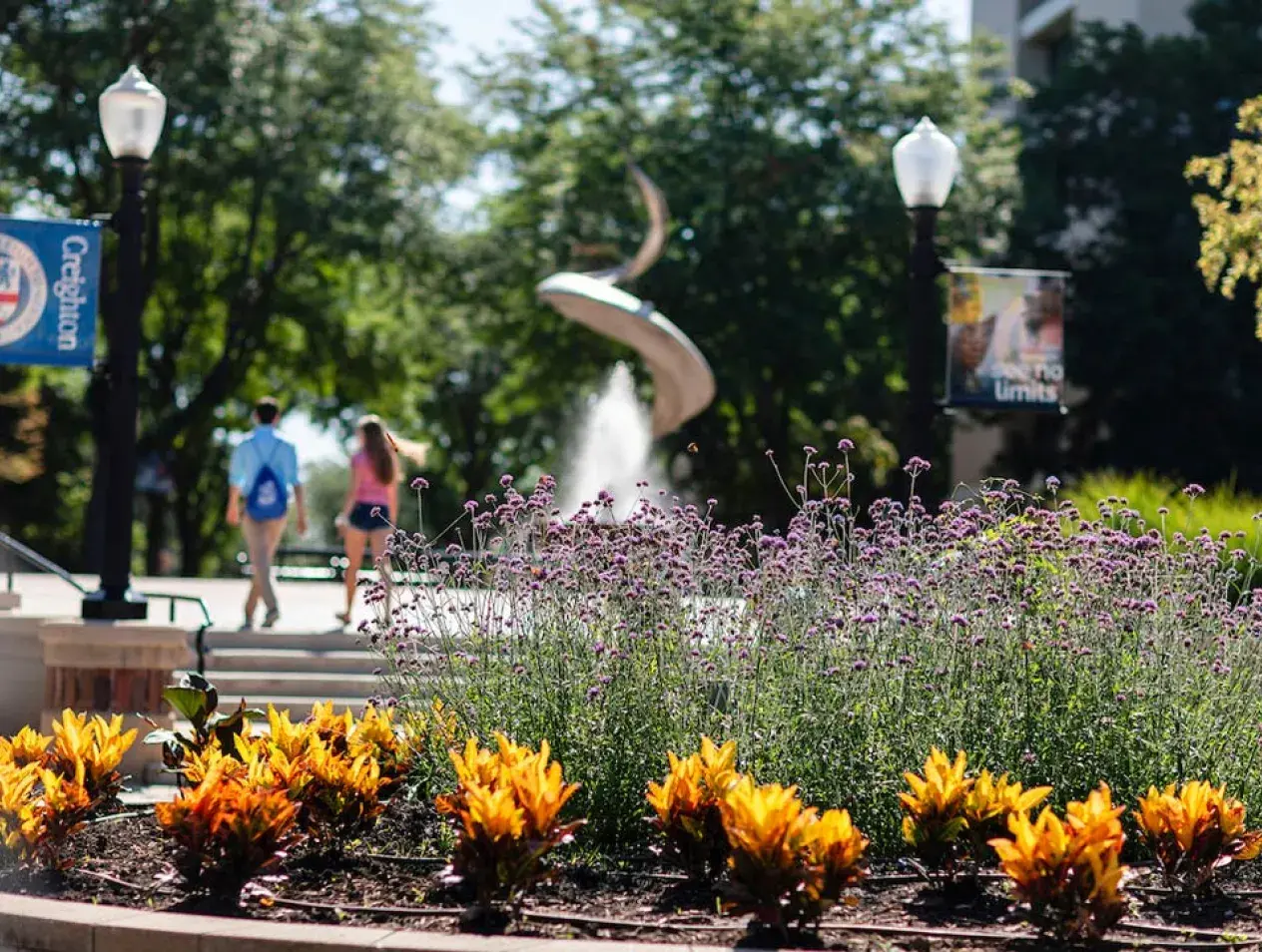
Behavioral Misconduct Process
Behavioral Misconduct Process
All University students are members of both a particular school or college and the overall community of the University. The authority for adjudication of student academic and behavioral misconduct matters is delegated in two ways:
- First, the Dean of the particular school or college and his or her staff has full authority regarding all academic and academic-related disciplinary matters and penalties with respect thereto. This is subject only to the provisions of the Handbook relating to appeals of such matters after the Dean has imposed a serious penalty (i.e., expulsion from the University, suspension or a request for withdrawal).
- Second, the Vice Provost for Student Life has authority regarding behavioral disciplinary matters where it is anticipated that a student infraction may result in behavioral reprimand or behavioral probation, withdrawal, suspension and/or expulsion, except in matters that involve allegations of harassment or discrimination, which are addressed by the Harassment, Discrimination, Sexual and Relationship Misconduct Policy #2.1.25. For more information regarding academic and behavioral disciplinary procedures and appeal processes of these matters, please see the Academic Disciplinary Procedures, and the Behavioral Disciplinary Procedures sections of the Student Handbook, respectively.
Any student who is documented for an alleged violation of the Standards of Conduct must participate in the Community Standards Behavioral Misconduct Process to determine an appropriate outcome. This process is fully outlined in the Creighton University Student Handbook. A simplified version of the process can be found here.
Preliminary Conference
Where there is evidence that a student is in violation of a University Community Standard (except when there is evidence that a student is in violation of the Harassment, Discrimination, Sexual and Relationship Misconduct Policy #2.1.25), the student will be given the opportunity to discuss the matter with Community Standards and Student Conduct before the case is either decided with a private decision or referred to a Community Standards Board, a Standards Panel, or the University Committee on Student Discipline. A student will receive written notification of the alleged violation(s) and a date by which the Preliminary Conference must be held. If a student fails to schedule or attend their Preliminary Conference meeting, an administrative decision will be held in the student’s absence.
Hearing
Right to Private Decision: The student may have his/her case decided by an appropriate administrator (including but not limited to the Associate or Assistant Vice Provost for Student Life, Senior Director, Assistant Director of Community Standards and Student Conduct or Resident Director) when there is mutual consent between the student and the assigned behavioral hearing officer. There is no appeal for this type of decision.
In cases where a mutually agreeable decision cannot be made, the student will have his/her case referred and decided by the appropriate hearing board. The behavioral hearing officer reserves the right to refer a student’s case to either the University Committee on Student Discipline or a Standards Panel.
- University Committee on Student Discipline typically hears cases where a student’s status with the University is in jeopardy and could result in suspension or expulsion from the University.
- Standards Panels typically hear cases where a student’s status could result in Behavioral Probation, Behavioral Reprimand and other outcomes.
- Fraternity and Sorority Standards Board may be granted authority to adjudicate specific types of cases involving Fraternity and Sorority Life organizations. The board may hear certain disciplinary cases involving Fraternity and Sorority Life organizations at the request of the Advisor(s) and with the approval of the Senior Director of the Community Standards and Student Conduct in lieu of a Private Decision.
- Community Standards Board provides appropriate outcomes in matters involving behavioral disciplinary matters where it is anticipated that a student/student organization infraction may result in a warning or behavioral reprimand.
Please refer to the Student Handbook for more information about each of the above entities.
Advisor
The student has the right to the assistance of an advisor, from within the University community, both in the preliminary conference and at the hearing of the University Committee on Student Discipline or a Standards Panel. Obtaining an advisor is the student’s responsibility. The student’s advisor may not be an attorney, except that an attorney employed by the Creighton University Law School may act as the advisor for a law student. Additionally, because of the potential of a conflict of interest, the Vice Provost for Student Life or his/her designee must approve any Student Life staff (including Resident Advisors) serving as an advisor to a student prior to the Student Life staff member’s involvement in the misconduct process.
Parent Notification
If it is anticipated that a student infraction may result in behavioral probation, withdrawal, suspension and/or expulsion, the student’s parent(s) may be notified if the student is a dependent of his/her parent (as defined by the federal government for income tax purposes). A student’s parent(s) may also be notified if it has been determined that a student under the age of 21 has committed a violation of the University policy on drugs and/or alcohol.
Temporary Disposition
Pending resolution of the matter and any permitted appeal regarding the matter, the student’s status as a student remains unaltered except in cases where there are reasons relating to the physical or emotional welfare of the student or of others, or reasons involving the safety of persons or property.
Referral for Prosecution
Where reasonable cause exists to believe a student has violated local, state or federal criminal laws — and especially where violations of laws relating to unlawful possession, use or distribution of illicit drugs or alcohol occurred on University property or in the course of any University activities — the matter may be referred to authorities for prosecution.


